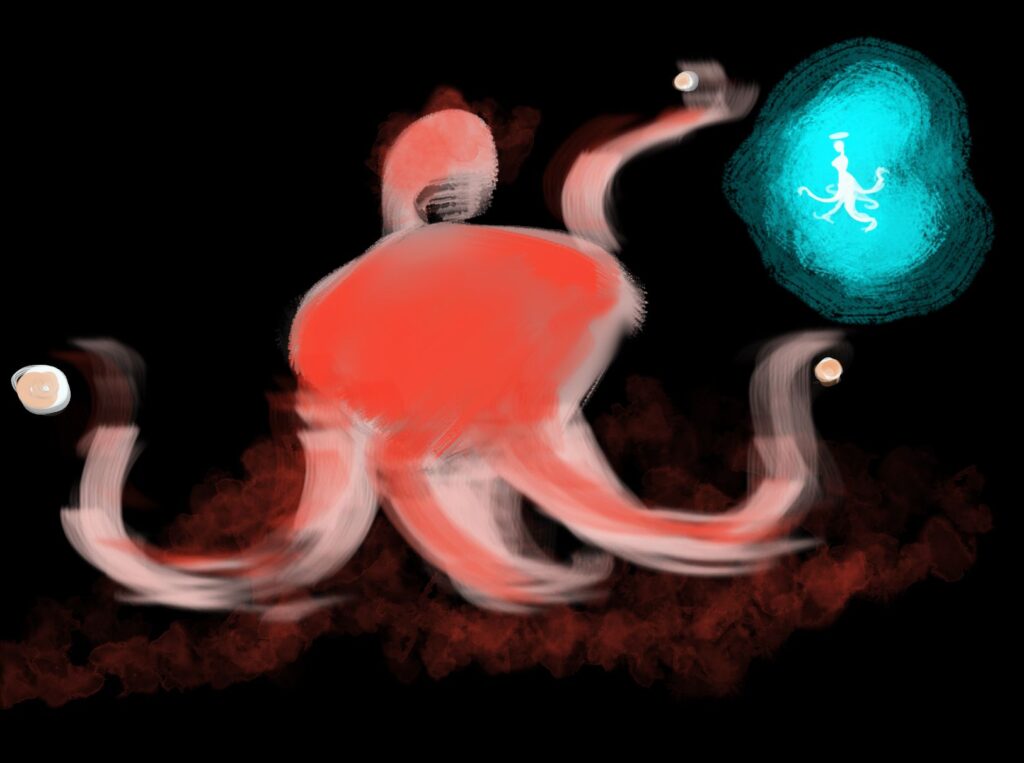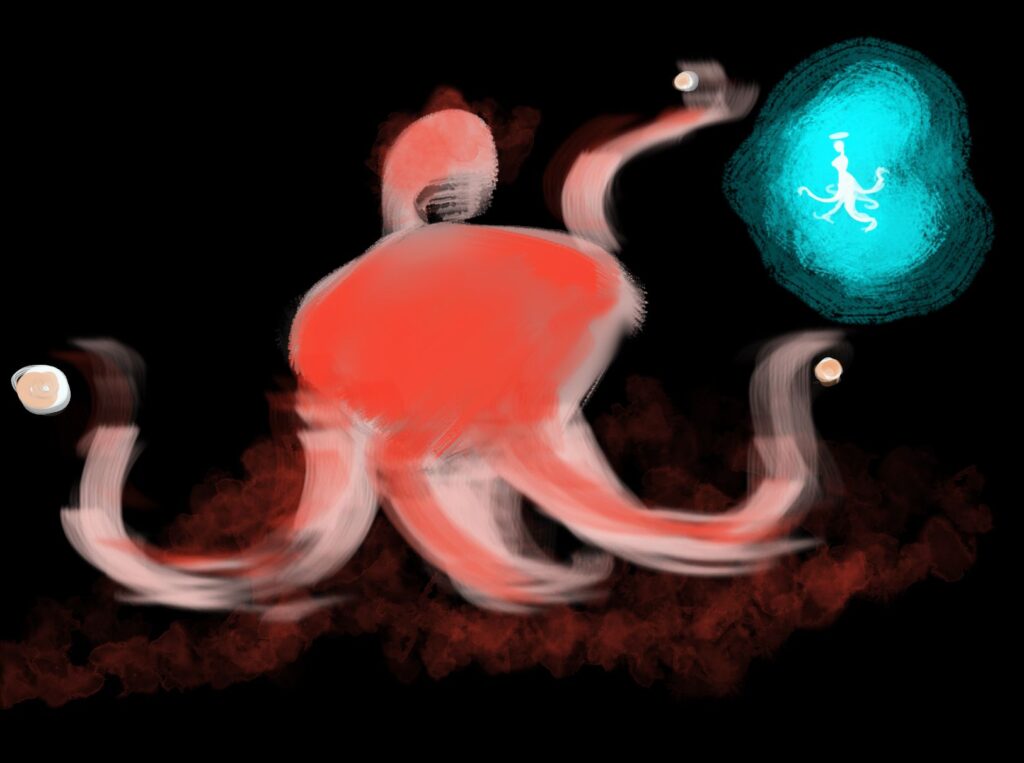
The Meaning
- How will the Character die?
- Who will kill the Character?
- Will the Character be killed?
- Will the Character be murdered/assassinated?
- Will it be an accident?
- Is there a reason?
- Is it Fatality?
- Where will the Character be killed?
- Where will her body be left?
- Will it be left behind, for the menace is still there, or will it be retrieved?
- Will the research of the body be fructuous?
- Why did the Character had to die?
- Why wasn’t it another Character?
- One we didn’t care about.
- What does her death Bring?
- When to Kill a Character?
- When the Character cannot be saved.
- When the Character decides another one should be saved.
- When the Character is already dying, and needs to accelerate the process.
- When the Character needs something she cannot find in Reality.
- Why Kill a Character?
- There are no valid reasons.
- Death comes.
- When she comes one dies.
- Even if their death saved another, it is only Death.
- Decide on the Outcome, decide on the Aftermath & move along.
Death, Pain & Loss
- The Environment & Settings will color the Character’s death.
- How will death come?
- Abruptly?
- In a sigle blow?
- Or Slowly?
- The News is known, rejected, demented, and finally accepted.
- Where does the Character die?
- In her hometown?
- Alone, in an unknown place?
- Is there anyone to save her?
- Is there someone but they decide not to?
- Everyone surrounds her, everyone assists to the death, because no one can save her.
- What are her Last moments?
- If you are in an Adventure or Action story you can give your Character a last moment.
- Adventurers get Last Words.
- People don’t.
- If you are in a Drama or Horror story you may want to capitalize on the Rupture.
- Humans want Control.
- The other Characters need a mean of action over Death.
- Offer it or Refuse it.
- The lonest, the more brutal, the more meaningless the death is, the more painful & incomprehensible it will be.
- Adventure & Action look for Continuity & Meaning in the loss of a Character.
- The Public will look for more than the death itself.
- Drama & Horror accept the loss as it is.
- Maybe the Public will not accept it, but she will expect it.
- And it makes the experience less incomprehensible.
What are the aftermaths of the Loss?
- Grief conclude, in most cases, the death cycle.
- Expressing People’s grief, by layers is essential.
- The Family will act differently.
- How differently?
- How brutally?
- Is there a wish to rejoin the dead one?
- The Relatives will express their grief.
- Will they express it through acts?
- Will they express it through discourses?
- Will they express it through attacks & criticism?
- Will they express it through empathy?
- Will they express it silently, just by staying calm?
- The Acquaintances may expresse their condolences.
- They may not
- They may remain silent
- They may not appear at all
- They may act inappropriately
- Most of the time it will be less intense than what a closer Character would do, but…
- If you want to introduce a new Character, making a simpleton interrupt the ceremony to them reveal their defeated love for the decease, is a great way to start.
- Through which Symbols will the Character be remembered?
- Statues allow you to display the vision the remaining characters had of the deceased.
- Altars & Shrines allow people to gather.
- It is the easiest way to allow mourning.
- How is the death displayed?
- The Body
- The Face/The Head
- At the ceremony
- Afterwards
- Is it kept inside the Statue?
- Below the Shrine?
- Replacement & Continuity.
- Who can replace this Character?
- The Remaining members need time to decide.
- Even if they had a plan, a contract or an agenda that prevented this sort of situation.
- However organized your Characters are, the Public needs time to replace the deceased.
- Should the team forfeit the Quest?
- If the team decides to pursue the Quest, they will need to gather resources.
- The Following members must be chosen to replace a function in the team, not a function in the Story.
- Nothing can be Undone.
- Do not replace a Character, create a New one.
- Use the opportunity to create a Character that’s the antithesis of the last.
- This new Character will always be compared to the latter, capitalize on it.
- More Conflicts.
- If there was murder or assassination, it may be found out.
- If it is found out one will be responsible.
- Revenge is an option for the Character’s relatives.
- Forgiveness is another one.
- Though it is quite an uncommon one.
- Revenge is more suitable in most cases because the Public will not want to forget the murderer or the orchestrator of the assassination.
- Most Characters need Retribution.
- If your characters ever want to go down the path of Forgiveness they must decide it for themselves.
- They must realize than lingering is only haunting them & that their will for more destruction is individual.
- Therefore, the decision to stop must be individual.
Resurrection & Immortality
- Can you Undo things?
- No.
- Should you resurrect a Character?
- You could.
- You should try.
- That’s just another experience.
- Do it only once.
- Resurrecting a Character more than once will remove consistency from your Story.
- If Death is not the main topic of your Story.
- If your Story revolves around the exploration of Life & Death cycles then Resurrections becomes a mean of experimentation usable as many times as necessary.
- Do it for everyone?
- Not every Character is necessary.
- Resurrection can slow down the Story.
- It is also a tool you can use to reveal characters’ goals & behaviors.
- Does someone oppose the act of Resurrection?
- For which reason?
- What would they gain from the death/resurrection?
- What are the consequences?
- How is Resurrection seen?
- What are the Symbols attached to it?
- Is it a Curse or a Blessing?
- What comes to the Character?
- Time/Space dephasage
- What are the Limitations & Restrictions?
- How to make it meaningful?
- The Public wants Balance.
- She wants faults & frailty.
- If the Character returns, does she become Immortal?
- What are the limits to her immortality.
- Immortal, but weak – body.
- Immortal, but without memories – mind.
- Immortal, but emotionless – psyche.
- Immortal, but inhuman – soul.
- Immortal does not mean invincible.
- Resurrection v. Reincarnation v. Regeneration?
- What are the Differences?
- What are the Advantages?
- What are the Disadvantages?
- You could use the 3 to establish a continuity, a progression in the Character’s state.
- How much Regeneration does she need?
- If the Character is Reincarnated, how will she return?
- It should be under a different form?
- How different?
- Will the character become something else?
- Did the Character Wish to return?
- Under this shape?
- Did she Wish to remain dead?
- Alternatives to bringing back the Character.
- It is possible for the dead character to make apparitions through statues, idols, shrines & other channeling devices.
- It is also possible to leave an artifact which brings back or which kept memories of the Characters.
- This artifact allows the story to unfold & to pursue the deceased Character’s development
- It is finally possible to let the dead come back own her own.
- Is she lost without a sense of place?
- Is she looking for her old friends?
- Is she trying to bring her friends back with her?
Alternatives to Death
- Apart from Death the are other ways to create consequences.
- Disappearance is Death without the Character dying.
- She is only never to be seen.
- It leaves you the choice to use her elsewhere.
- The Return is a specific form of disappearance.
- The Character cannot stay in a specific, which does not fulfill her needs.
- Dementia is another form of Death.
- Non physical, but just as definitive.
- Betrayal is not Death for the body, but it allows no return.
- The Character who betrayed should look for no forgiveness.
